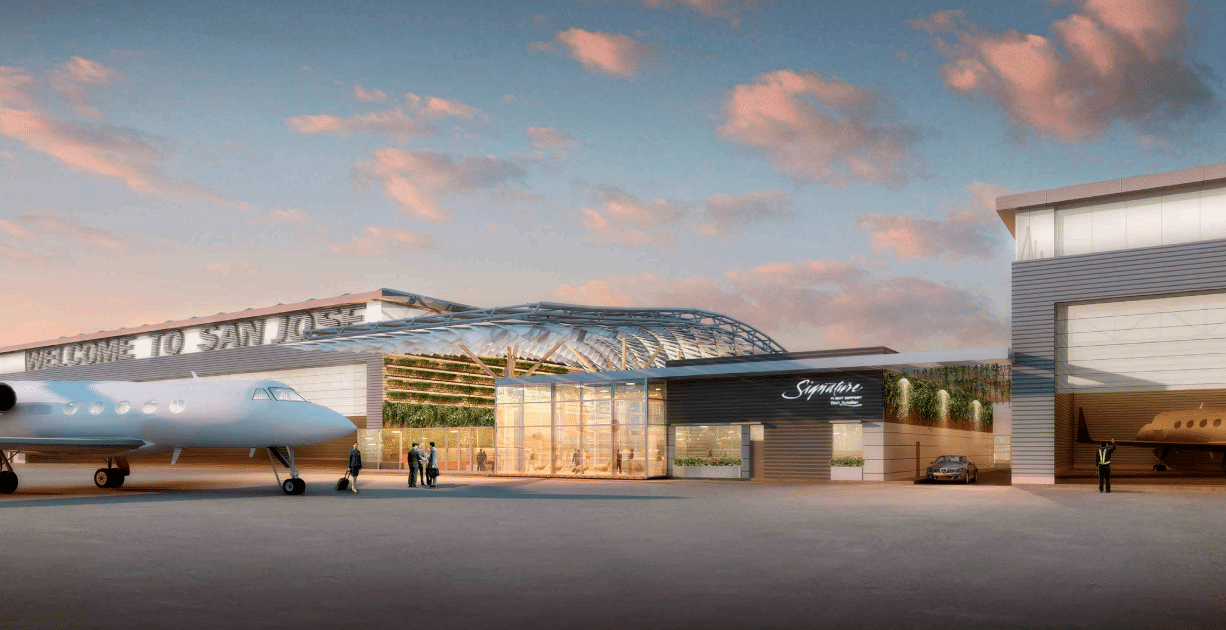Google's airport dreams take off: San Jose private terminal approved

Skift Take
Seems a bit of a waste when Page, Brin, and Schmidt could instead have great meetings in a Google Hangout using Google Glass.
In a move that benefits Google executives and other corporate high-flyers, the City Council on Tuesday night approved an elite corporate jet center at San Jose's airport, without adding an extra curfew provision that had been omitted in the bidding process.
In a 10-1 vote, the council approved a 50-year lease agreement with Signature Flight Services to build an $82 million facility on the west side of Mineta San Jose International Airport.
Only San Jose City Councilman Pierluigi Oliverio was opposed, saying there were other ways the city could help the cash-strapped airport repay its exhorbitant debt without disturbing citizens with more flights.
Related: Google’s own $82 million airport may soon be a reality
About two dozen residents who live near the airpor
